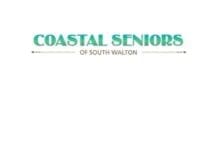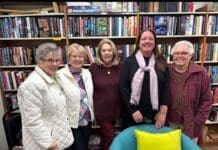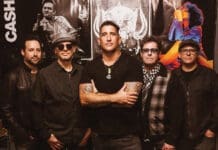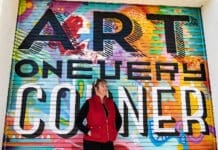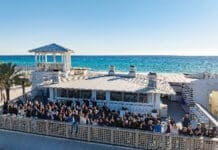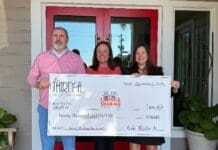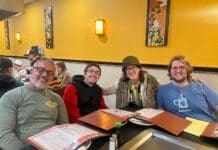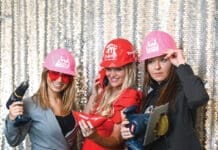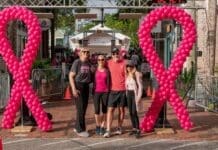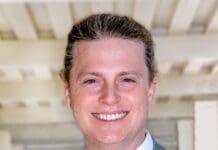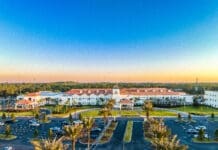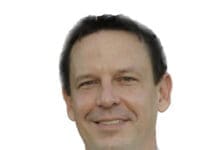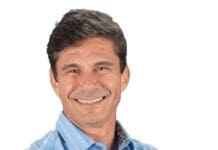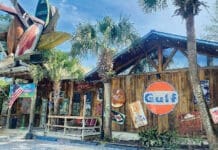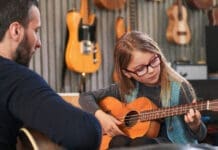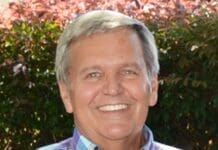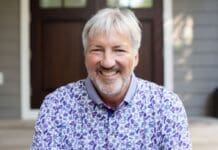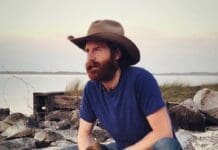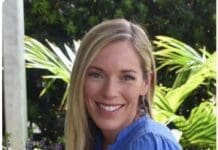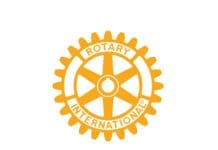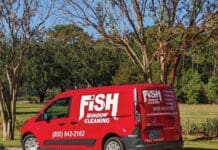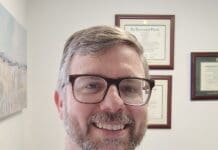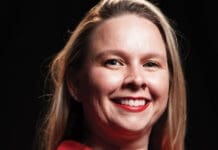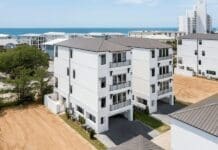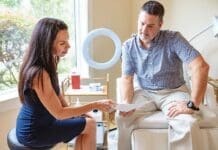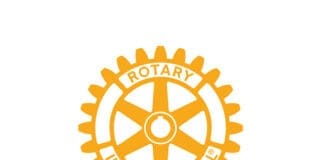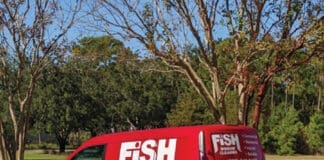by Heather Bennett Eye
As our regional athletes of Special Olympics Florida gear up for the Summer Games, I want to share with you how the organization is more than just a place for those with intellectual disabilities to train and compete in Olympic-style sports. It’s also an organization that fosters leadership growth and provides access to free health care. I’ll also share ways you can get involved.
Our Northwest Region consists of Area 1 (Escambia, Santa Rosa, Okaloosa, Walton, Bay, Washington, and Jackson counties) and Area 2 (Gadsden, Leon, Wakulla, Taylor and Hamilton counties). They’ll each have their own Area competitions (Area 2 on March 2nd and Area 1 on March 16) before competing against each other at the Northwest Region Summer Games on April 6 in Defuniak Springs. Prior to that, two athletes from our region, Sara Dunbar and Ashley Harrell, are preparing for a very special trip to Washington, D.C. On February 5-7, athletes, program leaders, unified partners and family members will gather on Capitol Hill to address members of the House of Representatives and the Senate. This is an annual, national event known as Capitol Hill Day. Athletes will advocate the importance of continued funding for the program, and ending health care disparities and discrimination against people with intellectual disabilities.
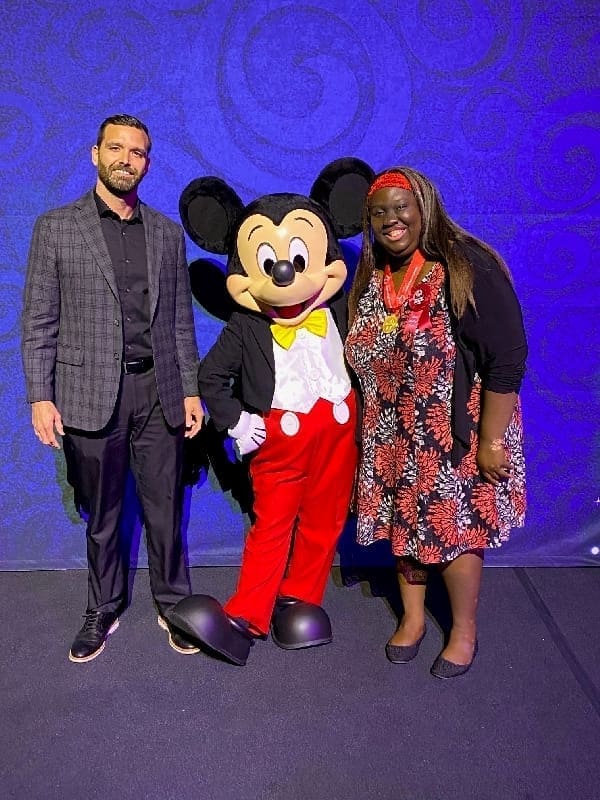
Athlete Stacy Barns of Pensacola attended Capitol Hill Day in 2015 and 2016 and recently assisted in prepping the national athletes who will make their way to Washington, D.C. this month. Along with the Chief Health Officer of the Special Olympics, she co-presented via Zoom the health initiatives in Florida and across the globe. “It’s something that’s really inspiring, not just about Stacey, but many athletes, where they gain these leadership roles and they assume these positions within Special Olympics and their communities and they use it to leverage their voice to become advocates,” stated Damien McNeil, Regional Director of the Northwest. “That’s one of my favorite things to witness.”
Advocacy is important for various reasons. Not only does the Special Olympics provide opportunities for people with intellectual disabilities to demonstrate their skills and talents through sports and leadership, but it’s also internationally the number one provider for free health screenings for people with intellectual disabilities. “People are going without things that they need. They need those resources,” said Damien. This also rings true for those who live along the Emerald Coast. The disparity that affects those with intellectual disabilities happens right there as well.
The Special Olympics provides free optometry, audiology, dental, podiatry and mental health screenings, along with referrals for those who need medical care. They also provide free hearing aides. “It gives life to the mission at work,” stated Damien. The free screenings take place at events like the Summer Games, in which Doctors volunteer their time and resources for these screenings. Screenings are available to athletes and non-athletes with intellectual disabilities. At this year’s Northwest Region Summer Games, around 600 athletes are expected. With as many athletes, and additional non-athletes, that will be in attendance, healthcare workers are encouraged to reach out if they are interested in volunteering to assist with screenings.
How can you help the Special Olympics? Day-of or long-term volunteers are always needed. You can also sign up to coach or play. Those without intellectual disabilities who have a passion for sports can participate as a Unified Partner. This offers the opportunity to contribute and foster connections between communities. “We want to make sure we are advocates for people with disabilities in any way that might look like,” said Damien. Volunteering is a great opportunity to demonstrate that.
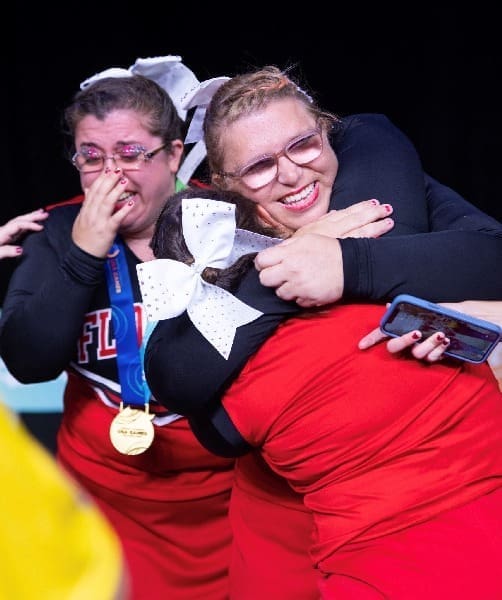
If you are a physician or health organization looking to volunteer for health screenings, you can contact Blair Mackie, Health Manager for Areas 1 and 2 at blairmackie@sofl.org or (850) 778-7573. For anything else, please reach out to Damien McNeil at damienmcneil@sofl.org or (407) 402-8604. To learn more about volunteering opportunities, please visit www.specialolympicsflorida.org/northwest and click on Get Involved. If you are interested in attending an event to cheer on our athletes, the summer games are free and open to the public.




